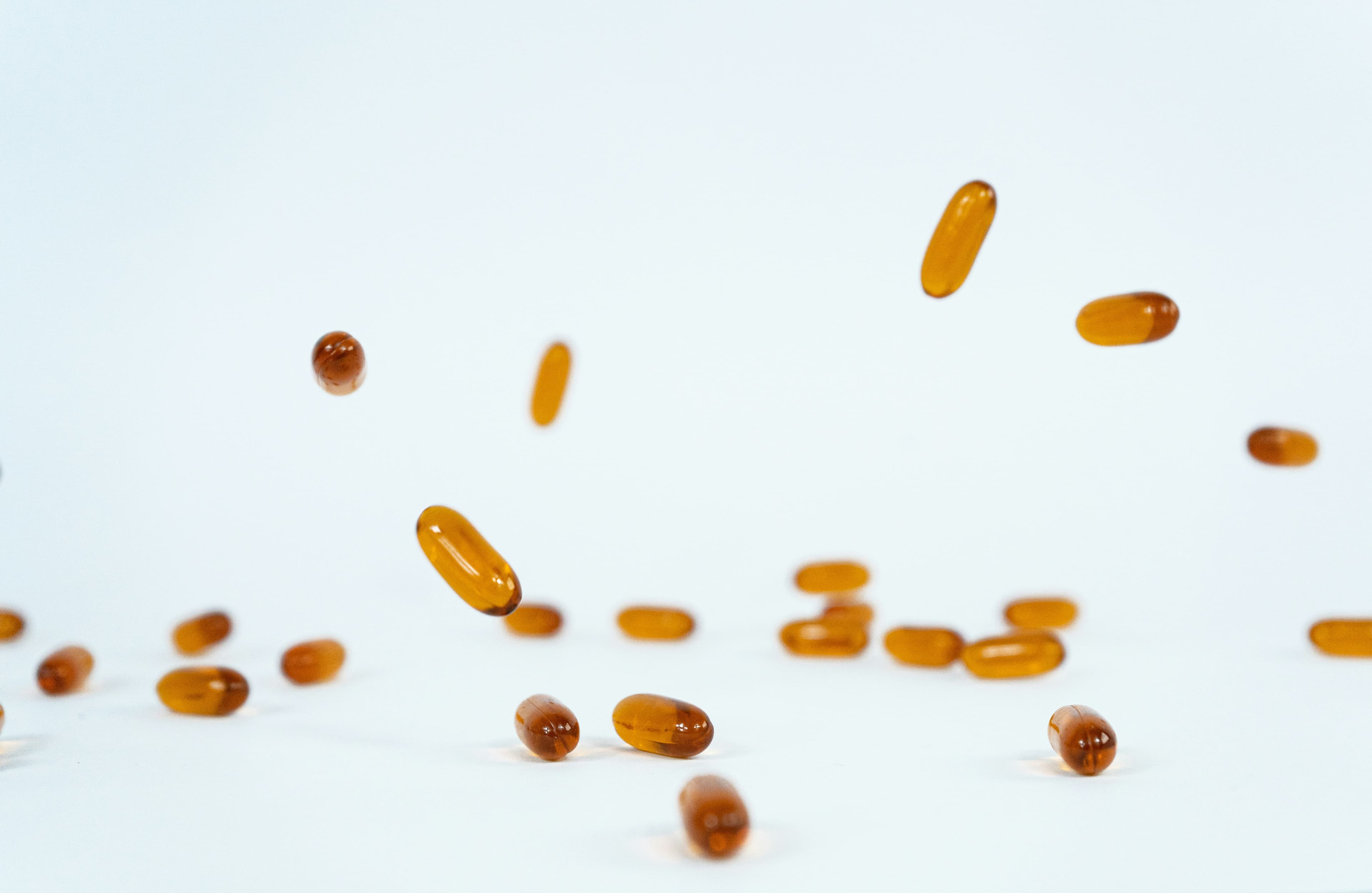When we think about health, our minds often turn to the usual suspects: exercise, sleep, and nutrition. But there’s a critical player in our well-being that’s often overlooked—the gut. The human gut is home to trillions of bacteria and microorganisms, collectively known as the microbiota, which play a profound role in our overall health. From digesting food to influencing the immune system and even affecting our mental health, gut health is central to the body’s functioning.
In this article, we will delve into the fascinating world of gut health, explore the role of probiotics, and understand the intricate connection between the gut and the brain. You’ll also discover how to support your gut health through diet, supplements, and lifestyle practices.
What is the Microbiota?
The microbiota refers to the diverse community of bacteria, fungi, viruses, and other microorganisms that live in and on our bodies. While the microbiota is found throughout the body, the gut microbiota is the largest and most significant. The human gastrointestinal system contains around 100 trillion microorganisms, most of which reside in the large intestine.
The gut microbiota is highly dynamic and influenced by a variety of factors such as diet, lifestyle, genetics, environment, and medication. These microorganisms play several vital roles in the body:
Digestion and nutrient absorption: Gut bacteria help break down complex carbohydrates, fiber, and proteins, aiding in the absorption of nutrients.
Immune function: A balanced microbiota supports the immune system, preventing harmful pathogens from taking hold in the body.
Metabolism: The gut microbiota plays a role in regulating metabolism and can influence body weight and fat storage.
Mental health: Growing evidence suggests that the gut microbiota communicates with the brain, affecting mood, stress, and mental well-being.
The Role of Probiotics in Gut Health
Probiotics are live microorganisms, primarily bacteria and yeasts, that provide health benefits when consumed in adequate amounts. They are often referred to as “good” or “friendly” bacteria because they help maintain or restore a balanced microbiota in the gut.
Probiotics are typically found in fermented foods like yogurt, kefir, kimchi, sauerkraut, and kombucha, as well as in dietary supplements. These beneficial bacteria work by:
Restoring balance: Probiotics can help replenish beneficial bacteria that may have been depleted due to poor diet, illness, or antibiotic use.
Inhibiting harmful bacteria: Probiotics compete with harmful bacteria for space and nutrients, helping to prevent infection and maintain gut health.
Supporting digestion: Probiotics help break down food and aid in the absorption of essential nutrients, contributing to healthy digestion.
Enhancing immune function: Probiotics can modulate the immune response by stimulating the production of certain antibodies and supporting the activity of immune cells in the gut.
One of the most well-studied benefits of probiotics is their ability to improve symptoms of digestive disorders like irritable bowel syndrome (IBS), diarrhea, and constipation. But the benefits of probiotics extend far beyond digestion.
The Gut-Brain Connection: The Role of Gut Health in Mental Well-Being
In recent years, scientists have uncovered compelling evidence supporting the idea that the gut is intricately linked to the brain. This connection, often referred to as the gut-brain axis, is a bidirectional communication pathway between the gut and the brain that can affect mental health and mood.
How the Gut and Brain Communicate
The gut and brain are connected via the vagus nerve, which runs from the brainstem to the abdomen. This nerve acts as a highway, sending signals between the brain and the gut, including information about the body’s overall state and any potential stressors.
In addition to the vagus nerve, the gut microbiota produces neurotransmitters and metabolites that influence brain function. For example:
Serotonin: Around 90% of the body’s serotonin, a neurotransmitter that helps regulate mood, sleep, and appetite, is produced in the gut. An imbalance in gut bacteria can affect serotonin production and contribute to mood disorders like depression and anxiety.
Gamma-aminobutyric acid (GABA): GABA is an inhibitory neurotransmitter that helps reduce anxiety. Some gut bacteria are known to produce GABA, suggesting that gut health may play a role in managing stress and anxiety.
Short-chain fatty acids (SCFAs): These compounds are produced when gut bacteria ferment dietary fiber and play a significant role in brain function, including reducing inflammation and protecting against neurodegenerative diseases.
The growing body of research supports the idea that a healthy gut microbiota is essential for maintaining emotional well-being. Disruptions in the gut microbiota, such as dysbiosis (an imbalance of good and bad bacteria), have been linked to a range of mental health issues, including depression, anxiety, and even cognitive decline.
Supporting Your Gut Health: Dietary and Lifestyle Tips
Maintaining a healthy gut microbiota is crucial for both physical and mental health. Here are some practical ways to support your gut health through diet and lifestyle:
1. Eat a Diverse Range of Foods
A diverse microbiota is a healthy microbiota. Different bacteria thrive on different types of foods, so eating a variety of plant-based foods, including fruits, vegetables, whole grains, nuts, seeds, and legumes, is key to promoting a healthy gut. These foods are rich in fiber, which feeds beneficial gut bacteria and helps maintain a balanced microbiota.
2. Include Fermented Foods in Your Diet
Fermented foods are rich in probiotics, which can help replenish beneficial bacteria in the gut. Some excellent sources of probiotics include:
Yogurt: Look for yogurt that contains live and active cultures.
Kefir: A fermented dairy drink that’s rich in probiotics.
Kimchi and Sauerkraut: Fermented vegetables that are high in beneficial bacteria.
Kombucha: A fermented tea that provides both probiotics and antioxidants.
Including these foods in your diet regularly can support the growth of good bacteria and help maintain a healthy gut microbiota.
3. Avoid Excessive Sugar and Processed Foods
A diet high in refined sugars and processed foods can promote the growth of harmful bacteria and lead to an imbalance in the gut microbiota. Reducing your intake of sugary snacks, sugary beverages, and processed foods can help prevent dysbiosis and maintain gut health.
4. Take Probiotics and Prebiotics
While probiotics help introduce beneficial bacteria into the gut, prebiotics are substances that help feed and support the growth of good bacteria. Foods rich in prebiotics include garlic, onions, bananas, asparagus, and oats. Consider incorporating both prebiotics and probiotics into your diet to promote a healthy gut.
5. Manage Stress
Chronic stress can negatively affect gut health by disrupting the balance of bacteria in the gut and increasing inflammation. Practices like mindfulness meditation, yoga, deep breathing exercises, and regular physical activity can help reduce stress and support both mental and gut health.
6. Get Enough Sleep
Sleep plays a crucial role in maintaining a healthy microbiota. Aim for 7-9 hours of quality sleep each night to help regulate the body’s circadian rhythms, support immune function, and keep gut bacteria balanced.
The Bottom Line: Prioritize Gut Health for a Better Life
The connection between gut health and overall well-being is undeniable. A healthy gut is essential for digestion, immune function, and even mental health. Probiotics, a balanced microbiota, and a diet rich in fiber, fermented foods, and prebiotics can go a long way in supporting gut health and improving your quality of life.
By taking small steps to nourish your gut, you can enhance your digestion, boost your immune system, improve mental clarity, and even protect against mood disorders. Make gut health a priority, and watch how it transforms your overall well-being.
Loading...



